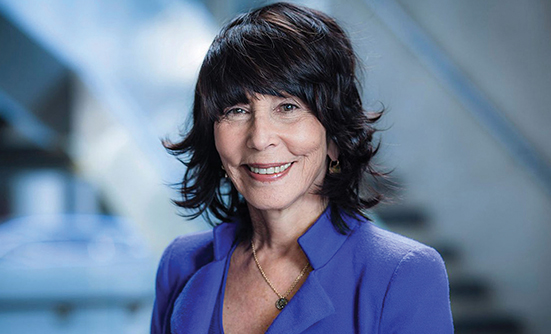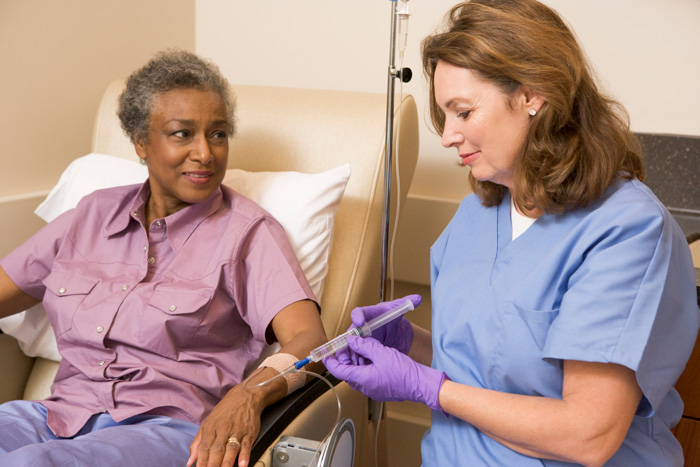By Jack Elliot
In June 2019, the FDA announced a new program called “Project Facilitate” that is designed exclusively for patients with advanced cancer who have exhausted all available treatment options and are unable to participate in clinical trials. Through this program, the FDA will assist doctors and patients to overcome barriers to accessing experimental cancer drugs.
Patients with cancer who have exhausted all available treatments and cannot participate in a clinical trial with an investigational drug now have several programs that are designed to help them access experimental drugs outside of clinical trials.
Right to Try Act
In May 2018, the US government signed into law the Right to Try Act, which allows patients with terminal illness, such as advanced or metastatic cancer, the opportunity to try investigational therapies that have not been approved yet, by having their doctor approach the drug manufacturer (or sponsor) directly for permission to use their drug.
Furthermore, the FDA has instituted a program called “expanded access” or “compassionate use,” which allows patients who cannot participate in clinical trials to use investigational medicines. A main concern with Right to Try and “compassionate use” is that the final decision is in the hands of the drug company. Companies are under no obligation to allow the patient to use the drug outside of a clinical trial, often refusing access because of cost or because the limited supply of the drug, a loophole that puts obstacles in front of patients and their doctors.
New Oncology “Project Facilitate”
To address this barrier, in June 2019, at the annual meeting of the American Society of Clinical Oncology (ASCO), the FDA announced a new program called “Project Facilitate” that is designed exclusively for patients with advanced cancer who have exhausted all available treatment options and are unable to participate in a clinical trial.
The goal of Project Facilitate, according to Richard Pazdur, MD, Director of the FDA’s Oncology Center of Excellence, is to remove “perceived hurdles” for doctors who want to use the FDA’s expanded access program for their patients with cancer. Through Project Facilitate, the FDA will assist doctors and patients to get cancer drugs from the drug company.
A special navigator from the Reagan-Udall Foundation will help people access the drug and respond to patients’ questions. Project Facilitate will also enable the FDA to learn how many patients are seeking access.
“The FDA doesn’t know the number of patients requesting expanded access,” Dr. Pazdur said. “Many times, the physician will go to the [drug] sponsor and the FDA is not aware if the sponsor denies these requests. We also do not know the reasons for drug sponsors’ denying these requests.” In urgent cases, the FDA can now approve access over the phone.

The Reagan-Udall Foundation will also provide a searchable database that physicians and patients can use to find quick information about expanded access in oncology, according to Ellen V. Sigal, PhD, Board Chair of the Reagan-Udall Foundation.
“For the first time, those who need quick access to drug availability and expanded access options will find it in one place,” Dr. Sigal said at the ASCO meeting. The physicians will first visit the Reagan-Udall Foundation site, then go to Project Facilitate, which expedites the physician’s request to access a drug from a drug company.
This article was published by Conquer.


